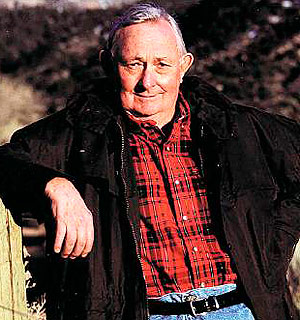A Quote by Sam Mendes
If you're doing a classic play, where if you do a Chekhov, you do the words as written. You can't do that with a novel; you have to do your version of the words as written.
Related Quotes
The dictionary is like a time capsule of all of human thinking ever since words began to be written down. And exploring where words have come from can increase your understanding of the words themselves and expand your understanding of how to use the words, and all of this change happens in your thinking when you read the words.
Other people’s words are so important. And then without warning they stop being important, along with all those words of yours that their words prompted you to write. Much of the excitement of a new novel lies in the repudiation of the one written before. Other people’s words are the bridge you use to cross from where you were to wherever you’re going.
My wife loves written words ... you know, words that stick to parchment and paper like dead flies, and it seems my father felt the same - but I want to hear words! Remember that when you are looking for the right words: You must ask yourself what they SOUND like! Glowing with passion, dark with sorrow, sweet with love, that's what I want. - Cosimo
Some people manage their writing by saying, 'I need to get 2,000 words written today,' others by saying, 'I will write for X hours.' Not me. I start with a plan for the book, break it down into scenes, and I know what scenes need to get written each day. If the scene takes more words than I thought, so be it.
The Bible is the written word of God, and because it is written it is confined and limited by the necessities of ink and paper and leather. The Voice of God, however, is alive and free as the sovereign God is free. 'The words that I speak unto you, they are spirit, and they are life.' The life is in the speaking words. God's word in the Bible can have power only because it corresponds to God's Word in the universe. It is the present Voice which makes the written word powerful. Otherwise it would lie locked in slumber within the covers of a book.






































